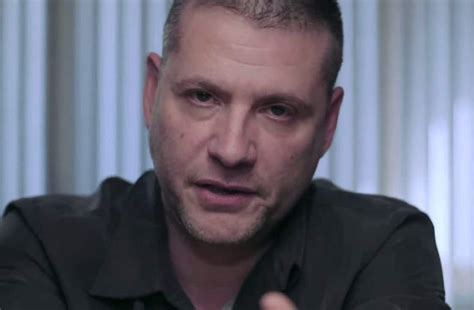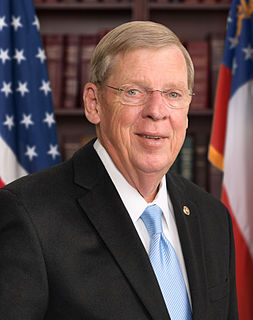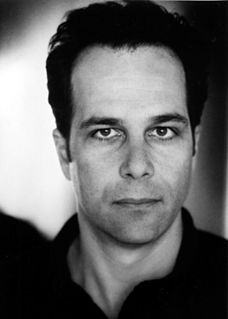A Quote by Amos Oz
There is a difference between myself and some of the peace people in Europe: whereas they think that the ultimate evil in the world is war, I think the ultimate evil in the world is aggression, and aggression sometimes must be repelled by force.
Related Quotes
There is a correlation between evil. There is a primary evil that comes directly from the Devil. Even though all evil stems from the Devil, the Devil sometimes interacts with people in the physical world and the spiritual world and sometimes there's just plain evil that people do to one another. And I've seen plenty of that over the course of 20 years.
'Reversible Errors' is about the limits of the law to define who committed ultimate evil, to define what ultimate evil is, to allow the million arbitrary factors to make this a meaningful punishment, and finally to say, 'Are we really accomplishing what we wanted to accomplish? Are those anxieties relieved?' I don't think so.
I'm not pro-war. But I think war has been the dominant condition of humankind, and peace has been the anomaly - certainly sustained periods of peace that profit great masses of people - and I think war has worked, even awful hellish wars: worked to staunch fascist aggression in Europe, worked to preserve the Union after secession in the United States, etc. Not always, maybe not often, but to say never is to reject history in favor of a wishful unreality.
My study of Gandhi convinced me that true pacifism is not nonresistance to evil, but nonviolent resistance to evil. Between the two positions, there is a world of difference. Gandhi resisted evil with as much vigor and power as the violent resister, but True pacifism is not unrealistic submission to evil power. It is rather a courageous confrontation of evil by the power of love. . . .
How would you describe the difference between modern war and modern industry-between say, bombing and strip mining, or between chemical warfare and chemical manufacturing? The difference seems to be only that in war the victimization of humans is directly intentional and in industry it is "accepted" as a "trade-off." Were the catastrophes of Love Canal, Bhopal, Chernobyl, and the Exxon Valdez episodes of war or of peace? They were in fact, peacetime acts of aggression, intentional to the extent that the risks were known and ignored.
Since [narcissists] deep down, feel themselves to be faultless, it is inevitable that when they are in conflict with the world they will invariably perceive the conflict as the world's fault. Since they must deny their own badness, they must perceive others as bad. They project their own evil onto the world. They never think of themselves as evil, on the other hand, they consequently see much evil in others.







































